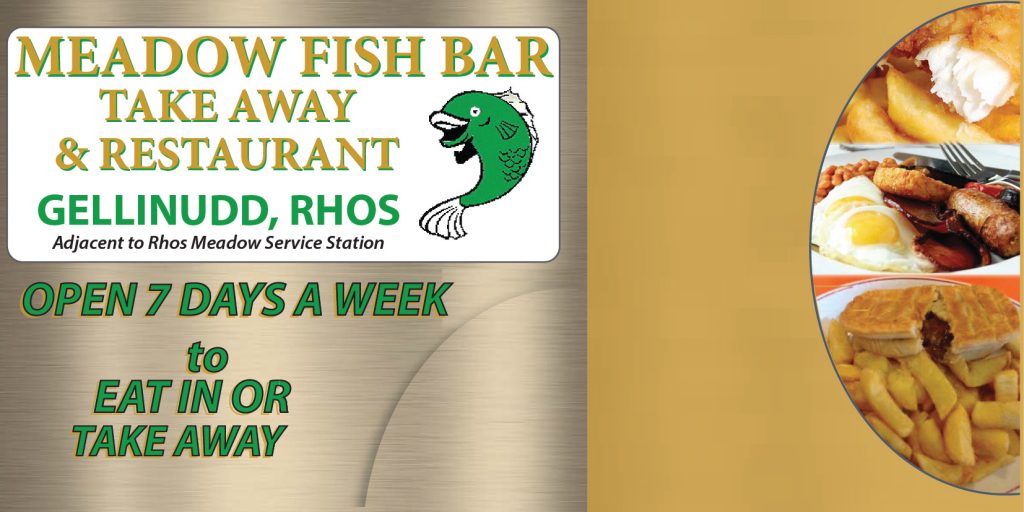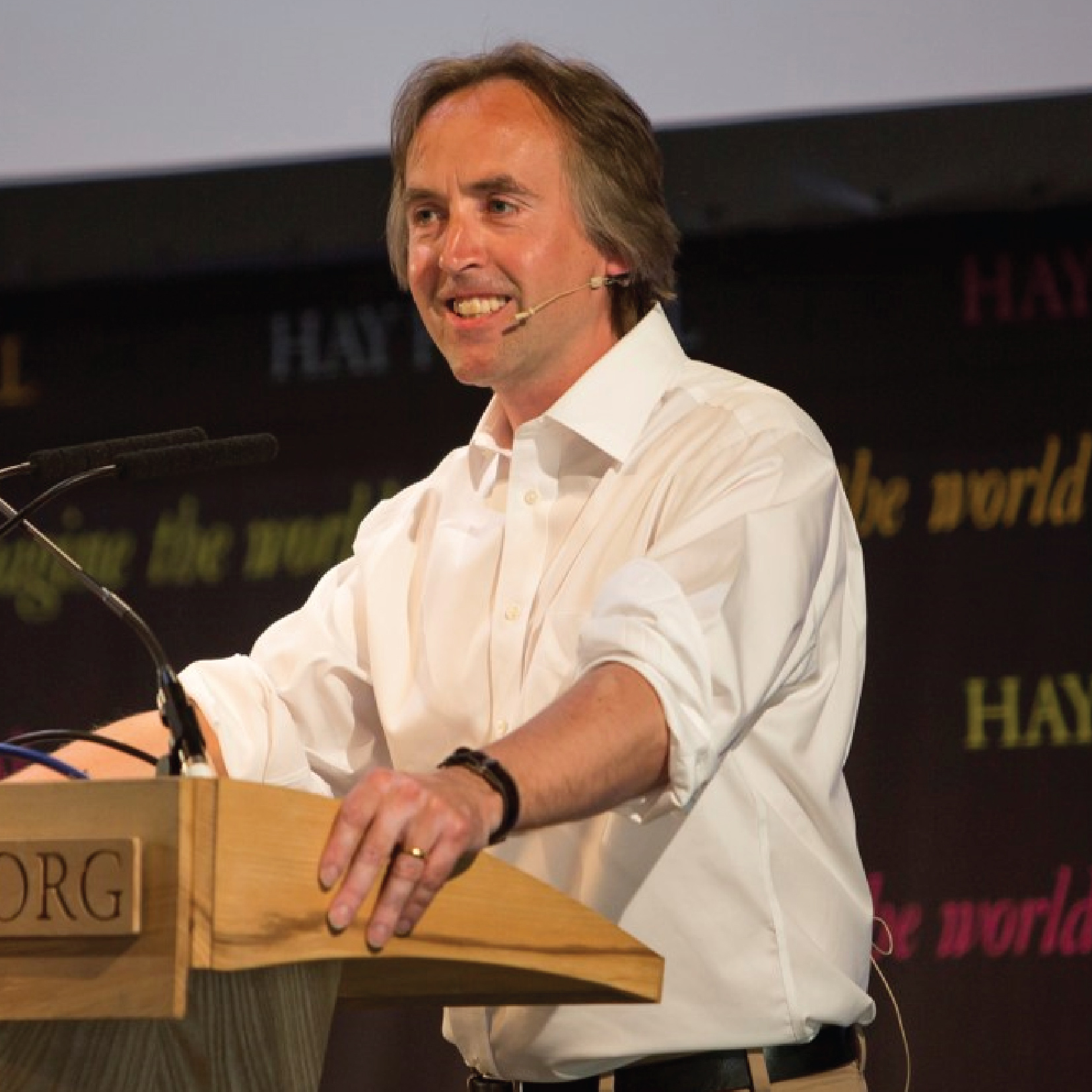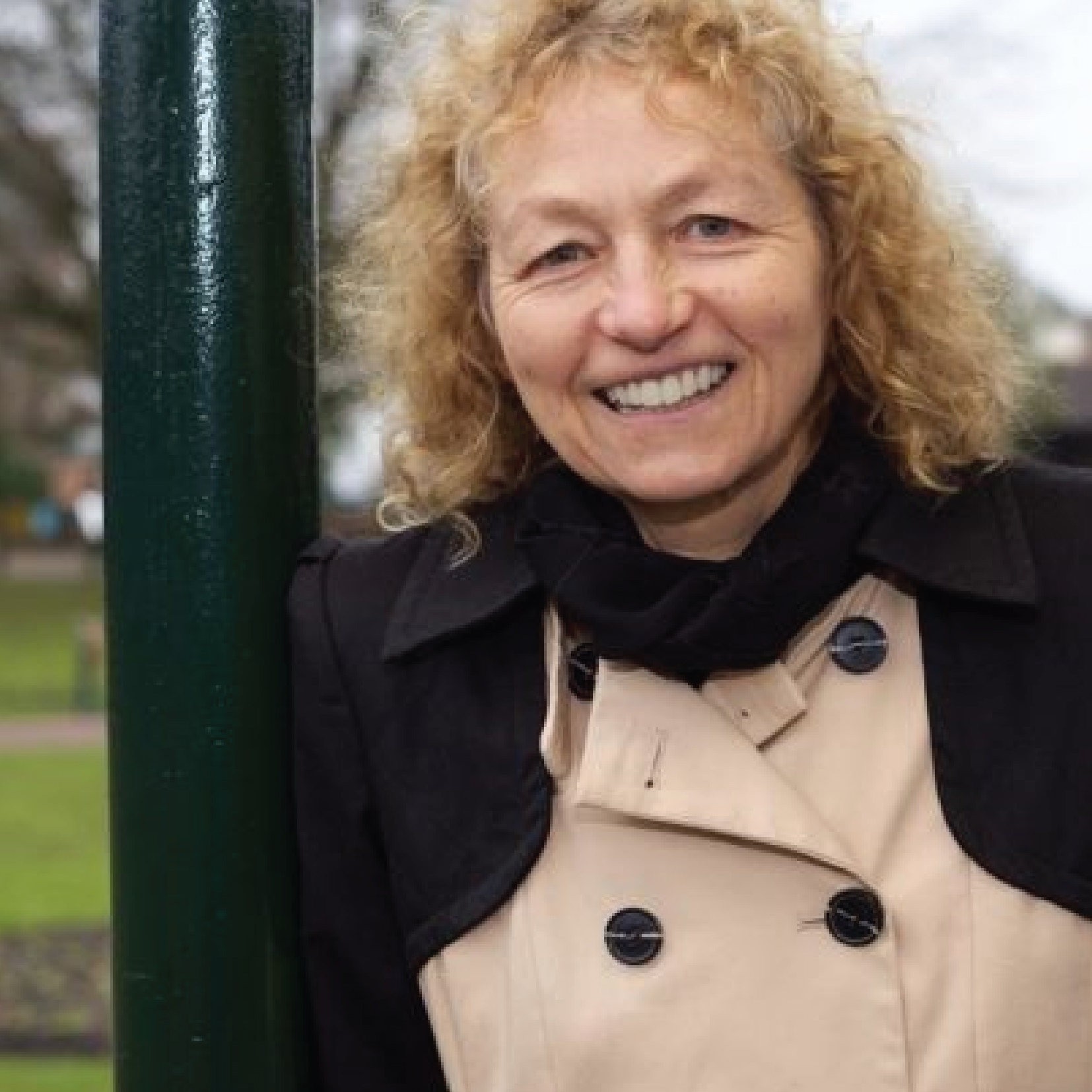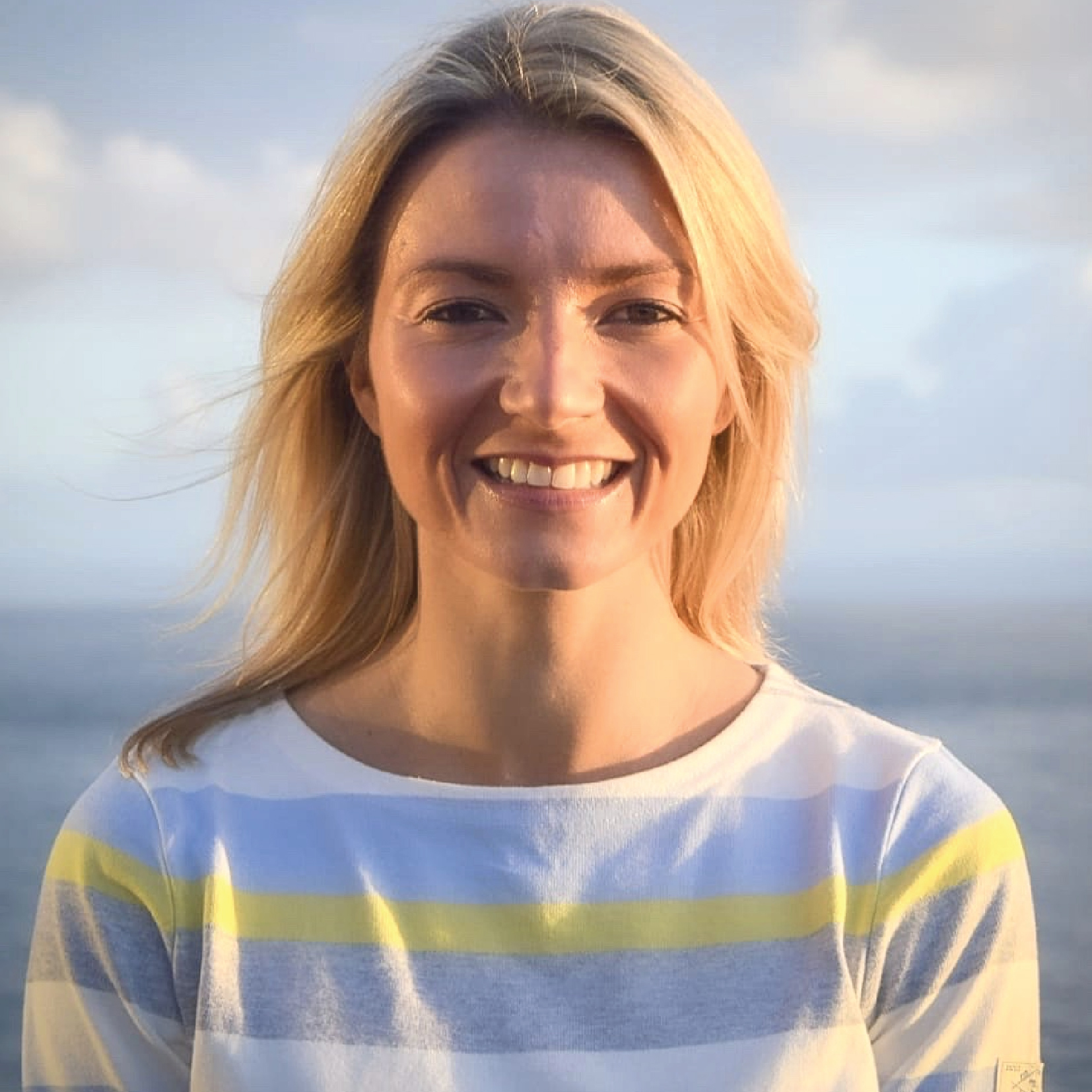NEATH PLAID CANDIDATE DANIEL WILLIAMS INTERVIEW
With the forthcoming General Election almost upon us we asked the Plaid candidate Daniel Williams his views on a number of subjects, here are his responses
The coming election is possibly the most important in a generation. Brexit has rumbled on and on, how much do you think it’s becoming a distraction from domestic issues?
A colossal distraction, and a dangerous one. British politics is dominated by political gangsters and documented liars, people like Boris Johnson and Nigel Farage who play the global markets and the political elites for their own ends. These are people who care nothing for Wales, who wrap themselves in the Union Jack thinking that appealing to the myth of a ‘Great’ Britain that never existed will make us blind to their insidious lies and tricks. I feel a duty to tell people the truth because we have only been hearing lies from right wing politicians and the tabloid press for years. We have been told that the answer to every problem is to leave the European Union. Wales’s poverty: not Westminster-imposed cuts but Europe. Our poor transport infrastructure: not the result of decisions made by the Tories in London and Labour in Cardiff, but Europe. To every significant political problem the answer now is ‘Get Brexit done’. And this meaningless slogan is still being used in this election. It is drowning everything else out. The great irony is that Brexit will make these matters worse, particularly so in Wales. Economic regeneration needs to be linked to education and the job opportunities deriving from environmentalism and tourism, as Plaid Cymru proposes in its ‘green new deal’. Brexit is a hindrance to this. In the Neath constituency we have neolithic sites, Roman remains, an industrial heritage written into our landscape, and areas of stunning beauty. It’s time was stopped thinking of Wales as a British region. We are a nation. We take too little economic advantage of the cultural riches and natural beauty around us. We must replace neglect with respect. Our national renaissance will be linked to the economic and cultural revitalization of Wales.
There are parallels between Labour’s aims and those of 1945, are we ready for a proper socialist government and do you see Plaid as a socialist party?
This seems like something of a loaded question, the premise of which I reject. The post-war Attlee government was engaged in a process of national and continental reconstruction after the war. The landscape we now face is the result of economic policies pursued by the Tories and Lib Dems, but also by Tony Blair’s Labour before them. The 1945 government was dedicated to peace in Europe. Unfortunately, on the question of our relationship with Europe, Corbyn’s Labour have decided to stand in the middle. People who stand in the middle of the road, as Aneurin Bevan warned us, tend to get run over. This is no time for ambiguity and ambivalence. It is time for a decisive new direction. I consider myself a democratic socialist. But the problem with British socialism is that it ignores the specificities of culture and place. ‘For the many not the few’ is a great slogan economically speaking. But it has problems culturally. What if you’re a member of ‘the few’? There are still some Labour dinosaurs in Wales with prehistoric attitudes towards the Welsh language, for example, and the controversy regarding anti-Semitism within Corbyn’s Labour also derives from this tension between the many and the few. At an economic level you want to aim for a society that is as equal as possible, where we all belong to the ‘many’. But at a cultural level you need to tolerate and respect people’s valuable differences – to stand for the many and the few.

The impact of austerity locally has been fairly dramatic, with Foodbanks at bursting point and people living on the streets, how rapidly could a radical Government turn things around?
There is no doubt that the kind of economic policies pursued by the current Tory government are extreme. We are dealing with market zealots, out to destroy the fabric of the welfare state. Those of us who have lived in the United States will recognize the model, and its devastating effects on the poorest in society. So a radically different economic programme can turn things around. The question is, turn things around to what? What are you replacing the current system with? A jump back to the industrial projects of 1945 is clearly impossible. Plaid Cymru advocates a ‘Green New Deal’ that harnesses environmental conservation to economic regeneration. There are parallel ideas coming from the Labour movement. What I would say is that a series of economic diktats emanating from London are not necessarily going to work in the Swansea valley. Welsh Labour MPs tend to follow the party line. They’re the well-behaved children on the western periphery of the British state, while the Scots are roaring for economic justice. While benevolent Uncle Jeremy might get around to Wales eventually, a large number of Plaid Cymru MPs will bring Wales to his attention much more quickly. That’s assuming that he wins, which seems highly unlikely at the moment. If Labour lose, Plaid will offer a much stronger national defence against the Tories than Welsh Labour MPs have offered.
Residents in Pontardawe ‘feel left out and forgotten’ by politicians, what will you do to ensure their voices and concerns are addressed?
In order to speak, people need to feel empowered and comfortable to speak, and to be exposed to other voices. That is why spaces such as libraries and arts centers are so important. I live in Alltwen, I occupy these spaces with the readers of this magazine. It is crucial that we keep communal spaces open. Pontardawe is served by two outstanding community champions in its councillors Anthony John Richards and Linet Purcell. Both are friends and sources of inspiration and as an MP I would retain a close connection with them, raising issues of concern to the people of the area. Cwmtawe would have a representative in London were I to be elected.
Locally, there are concerns on existing communities if local schools are closed, what are your views on these possible school closures?
l live in the area and have been following this debate as a parent and member of Pontardawe Town Council. I do believe that people on both sides of this issue want what is best for our children. A new school can bring new amenities, the latest technology, more appropriate spaces for play and study. Against that you place the community within a smaller school, the sense of confidence and belonging that a smaller school can create. You have to consider transport and safety. Both in relation to the older schools, built before the age of large buses and the dreaded schoolyard SUVs, and in relation to the increased traffic of a new school. In addition to that, there’s the language to consider in Wales. Labour-run Neath-Port Talbot council has one of the worst records in Wales of converting Welsh language primary school children into Welsh-medium secondary school children. Heini Gruffudd of RhAG (Parents for Welsh-medium Education) argued that a spanking-new English-medium ‘super-school’ in the heart of Pontardawe would be a death knell for the Welsh language in this area. I think he underestimates the resilience of our valley’s Welsh language culture, but he has a point. If all these issues were addressed adequately, then I would not oppose a reconfiguration of educational provision on principle. But at the moment we are a long way from having these questions answered. An MP, in a case like this, should be a voice for the people affected, and a conciliator between different points of view on what is an emotive issue. I am yet to be convinced that the closures are necessary or beneficial, but I am willing to listen.
How important is it to you that Wales becomes an independent country and what do you think would be the advantages?
I was listening to Stephen Kinnock arguing against Welsh independence the other day. When his wife, Helle Thorning-Schmidt, was growing up she could dream of being the prime minister of an independent nation of 5 million people. She eventually became the prime minister of her native Denmark. Why shouldn’t our daughters have that same dream in a Welsh context? ‘They can dream of being British prime minister’, you might say. Well, in the whole history of the British state there has been one Welsh prime minister, so the odds are stacked against them. No country has governed another country well. No country has ever asked to go back to being a dependent periphery after achieving independence. It comes down, ultimately, to the question of whether we think Wales is a nation. For me, it undoubtedly is. For this election, it’s not the key issue. But as a goal, a dream, it gives the politics of Plaid Cymru a vitality, direction and openness that I think is missing from the Unionist parties of the left and the right.

Tactical voting could be crucial in this election, what’s more important to you, that the Plaid vote increases, or that we get rid of the Tories?
Again, this is a loaded question, that sees the world through a wholly British lens. I have nothing but total contempt for the privileged Etonian incompetents that currently govern us and who have got us into this mess. I want to see the Tories removed. But I have no great faith in Corbyn, and even less in the MPs that Welsh Labour send to London to follow their leader’s orders. A Labour victory with a decrease in the Plaid Cymru vote would be a disaster, as Wales would then be totally ignored again. A Labour government with a group of 16 Plaid Cymru MPs holding their feet to ‘tân y ddraig’ / ‘the dragon’s fire’ would probably be the best outcome. The truth is that what happens in Wales never determines the result of the British national election (The only time this ever happened in history was in 1964). Labour will say ‘vote us to keep the Tories out’. The Tories will say ‘vote us to keep Labour out’. What kind of democratic choice is that? How are we ever to achieve positive change when we’re being asked to vote for the least of two evils? Take a new direction at this election and vote Plaid. If Wales is your home and you want the best for our nation then – no matter where you’re from or what languages you speak – you belong with us in Plaid Cymru.



